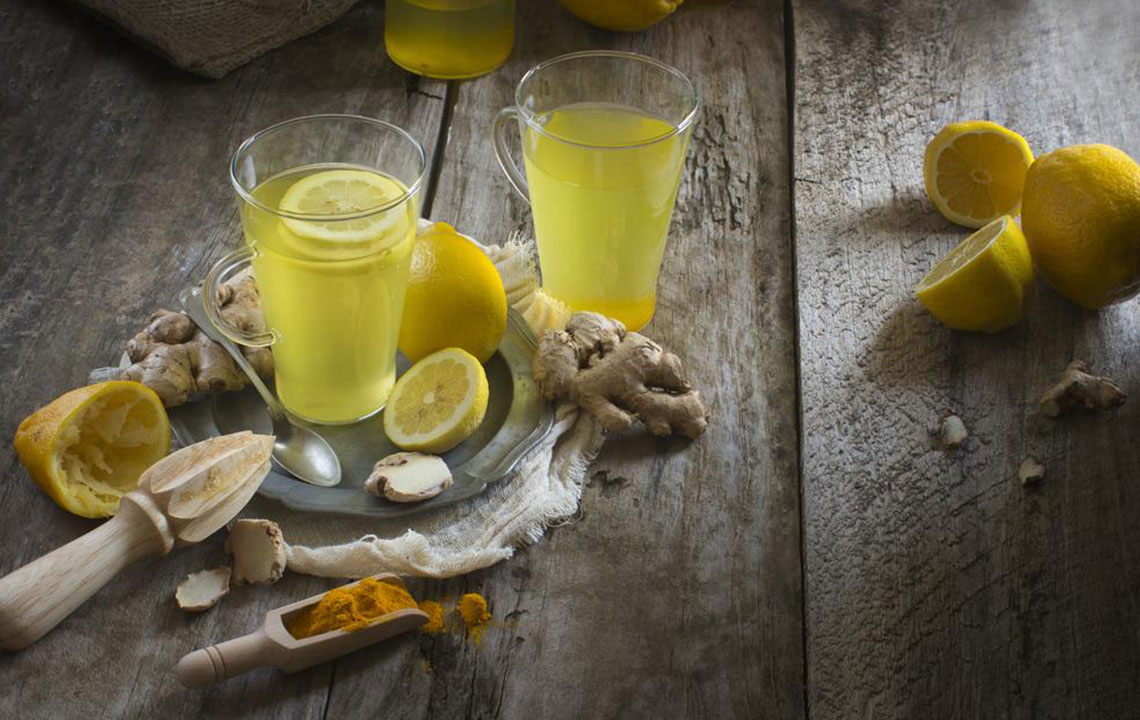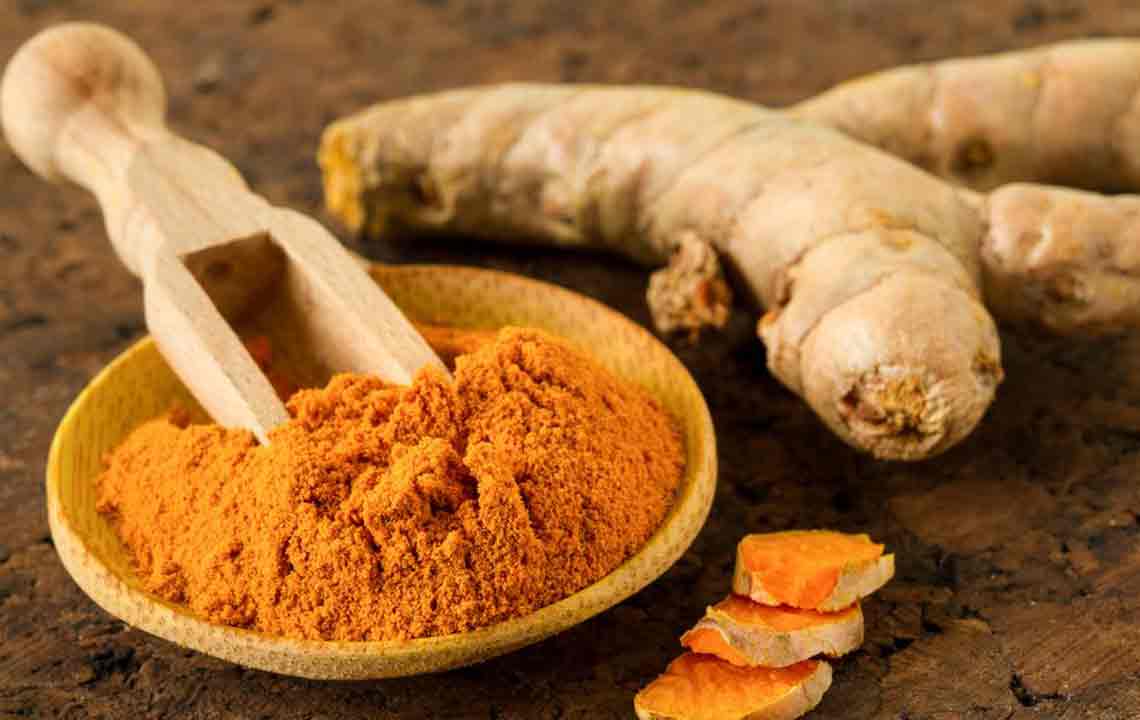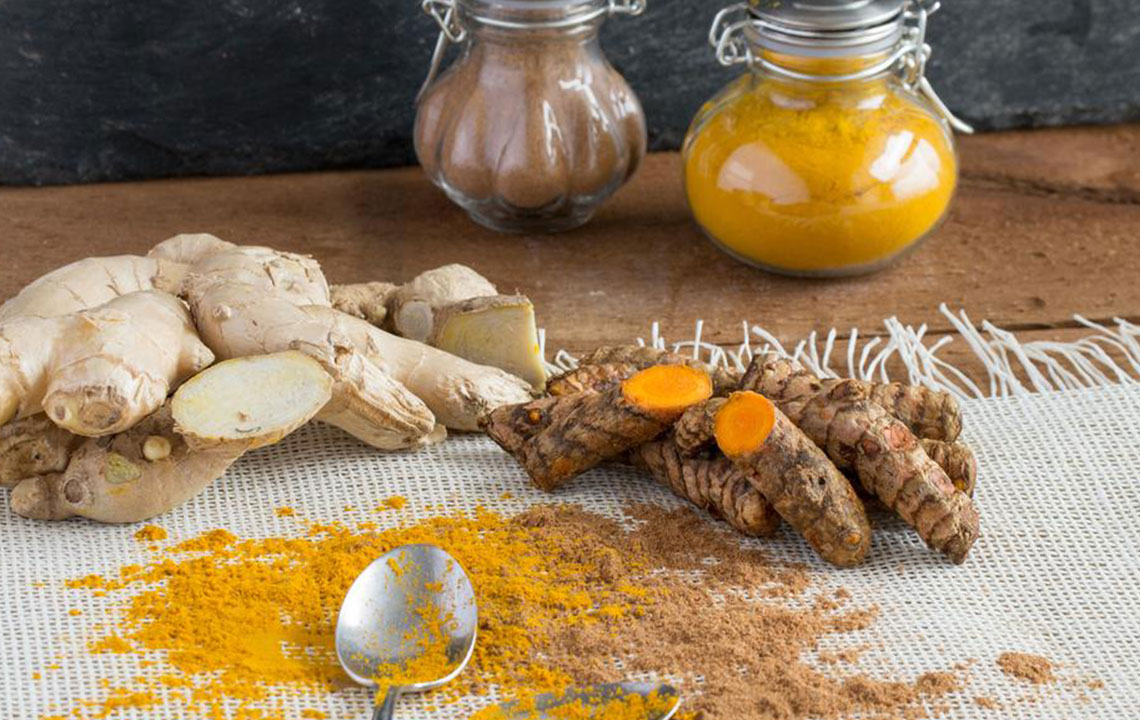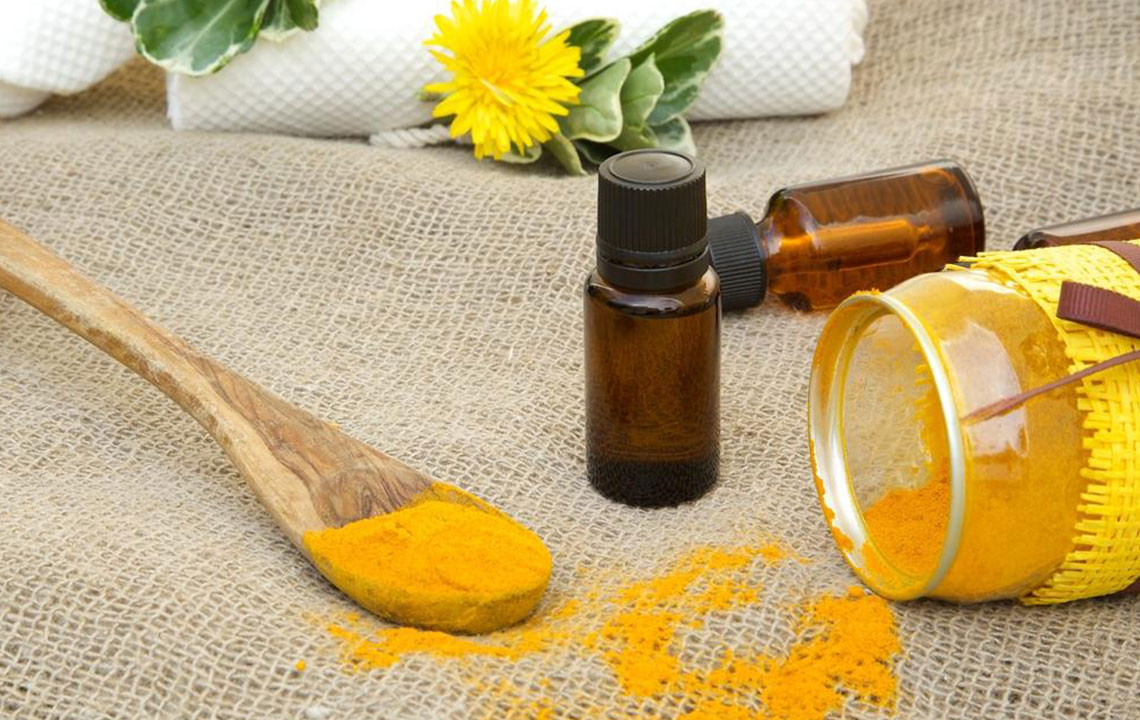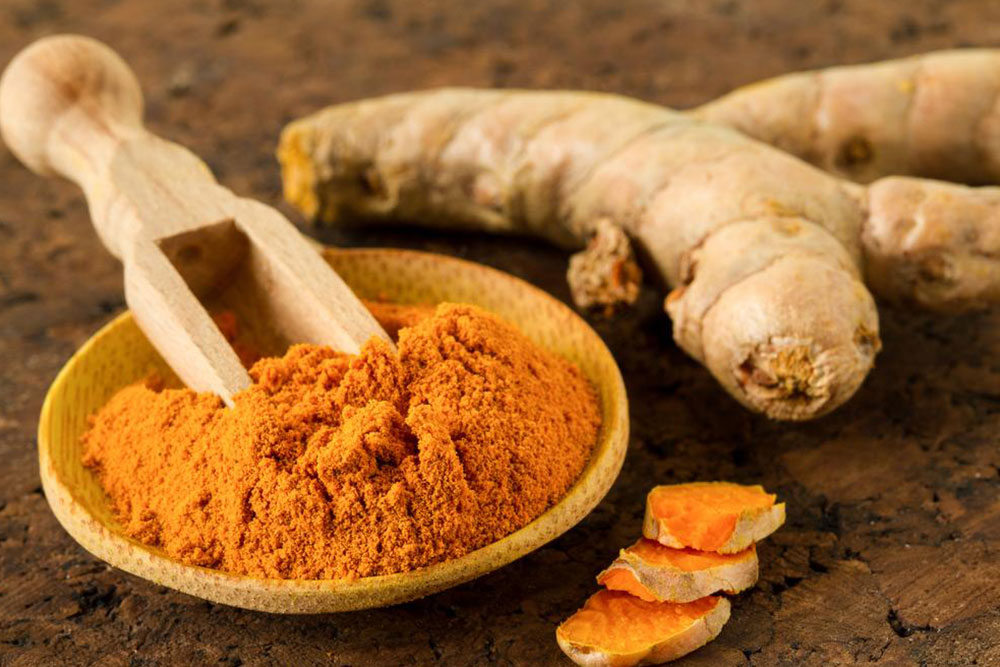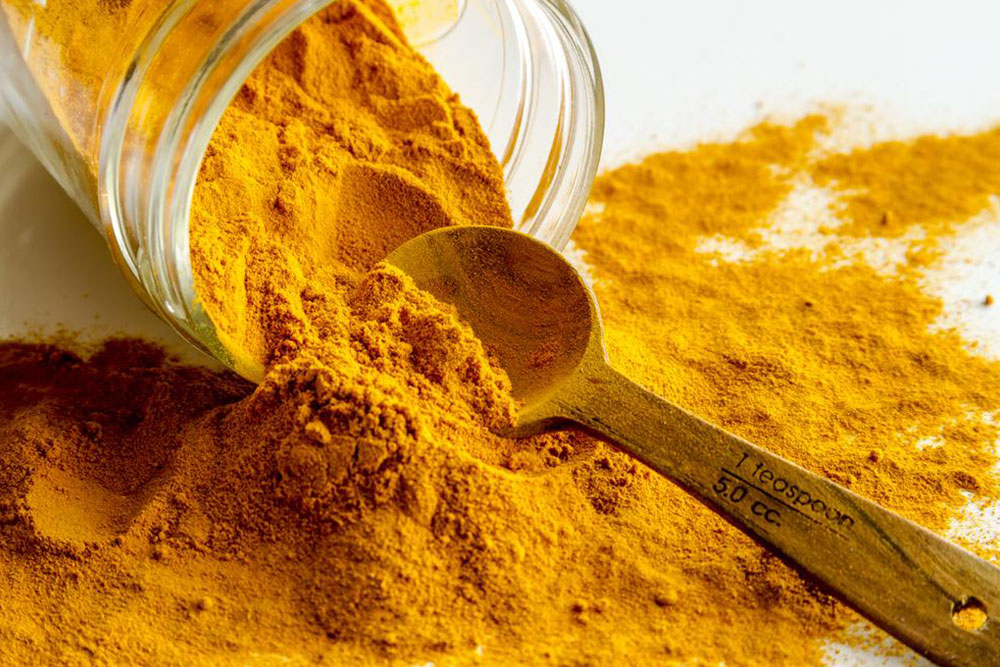Comprehensive Overview of Turmeric and Curcumin: Benefits, Risks, and Practical Uses
This comprehensive article explores the benefits and risks of turmeric and curcumin, highlighting their therapeutic properties, potential side effects, and usage tips. It offers valuable insights into how these natural compounds can support health if used responsibly, emphasizing the importance of quality sourcing and moderation. Whether for inflammation reduction, joint health, or skin improvement, learn how to enjoy turmeric’s advantages while minimizing risks effectively.
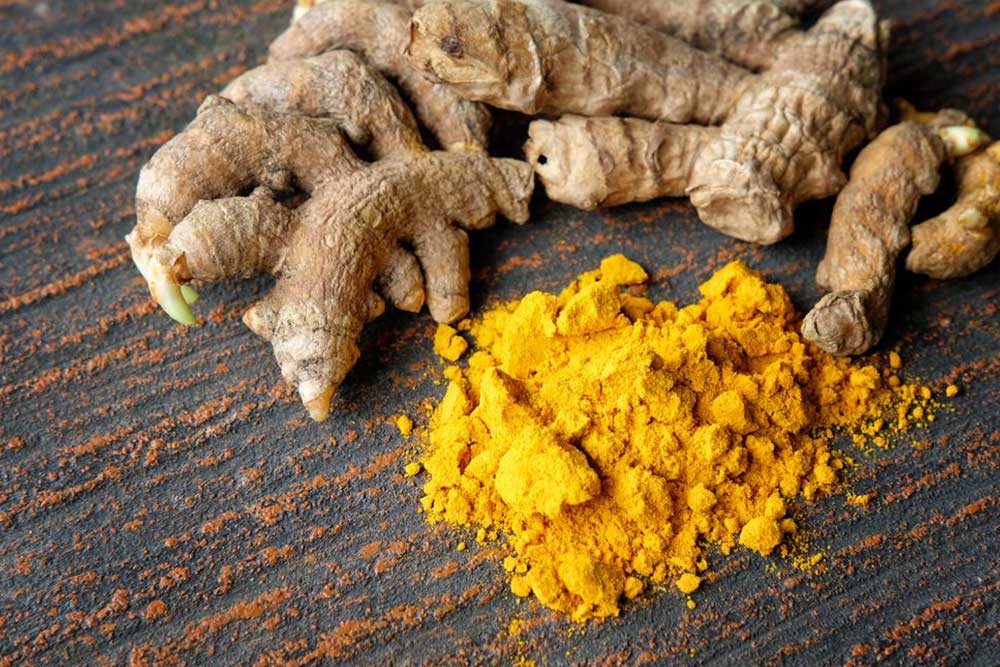
Comprehensive Overview of Turmeric and Curcumin: Benefits, Risks, and Practical Uses
Turmeric, often known for its vibrant yellow hue, is a spice that has traveled thousands of miles from its native regions in Southeast Asia and the Indian subcontinent. This golden-yellow powder is derived from the roots of the Curcuma longa plant, a member of the ginger family (Zingiberaceae). Cultivated in warm climates with temperatures ranging from 68°F to 86°F (20°C to 30°C) and ample rainfall, turmeric has been an integral part of Asian culinary traditions and traditional medicine for centuries. Its roots are carefully harvested, boiled to soften, sun-dried, and ground into a fine powder used in countless dishes for both flavor and color enhancement.
Over recent decades, curcumin, the principal active compound in turmeric, has gained recognition worldwide as a potent herbal supplement and a natural food additive. Known for its striking yellow coloration, curcumin is not only responsible for turmeric’s characteristic appearance but also believed to confer numerous health benefits, making it a popular choice among health-conscious consumers.
Turmeric's potential health benefits have been documented in traditional medicine systems across Asia, and modern scientific research continues to explore its therapeutic properties. While it offers promising health advantages, there are also practical considerations and potential side effects associated with its use. This comprehensive article delves into the key benefits and risks of turmeric and curcumin, along with practical advice on safe consumption and usage.
Health Benefits of Turmeric and Curcumin
Throughout history, turmeric has been regarded not only as a culinary spice but also as a medicinal herb. Modern research validates many of these traditional uses, particularly highlighting curcumin’s remarkable bioactivities. Here’s an expanded look at the most significant health benefits associated with turmeric and curcumin:
Anti-inflammatory and Therapeutic Properties
Curcumin has potent anti-inflammatory effects, which can help modulate the immune response and reduce chronic inflammation. Chronic inflammation is linked to a range of Western lifestyle diseases, including heart disease, diabetes, and neurodegenerative disorders. Regular intake of turmeric or curcumin supplements may assist in alleviating inflammation-related symptoms and support overall health.
Antioxidant Capabilities
Curcumin acts as a powerful antioxidant, enhancing the activity of various enzymes that neutralize free radicals—unstable molecules that cause oxidative stress and cellular damage. By protecting cells from oxidative damage, curcumin may contribute to reducing aging signs and lowering the risk of degenerative diseases.
Support for Joint Health and Arthritis Relief
Due to its anti-inflammatory properties, turmeric is frequently used to relieve joint pain and stiffness associated with osteoarthritis and rheumatoid arthritis. Clinical studies have reported improvements in joint function and pain levels among arthritis patients supplementing with turmeric extracts.
Improving Skin Appearance
Topical applications of turmeric are popular in skincare regimes. Its natural properties help diminish marks, blemishes, and skin discoloration. Additionally, turmeric’s antimicrobial properties can help prevent skin infections and promote a clearer complexion.
Other Potential Benefits
Research suggests turmeric may also aid in digestive health, support liver detoxification, improve brain function, and have neuroprotective effects, although further studies are required to confirm these benefits fully.
Potential Side Effects and Considerations
Despite the promising health benefits, overuse or improper consumption of turmeric and curcumin can lead to adverse effects, and it’s important to be aware of these potential risks. Here’s an in-depth look at some of the most common concerns:
Kidney Stones
Turmeric contains oxalates, which can contribute to the formation of kidney stones, especially in individuals predisposed to oxalate accumulation. Excessive intake might increase the risk of developing kidney stones, so moderation is advisable.
Purity and Quality Issues
Many commercial turmeric powders and supplements are adulterated or contaminated. Some may contain fillers like cassava starch, wheat, or rye flour, which can cause issues for people with gluten sensitivities or celiac disease. Ensuring the product's purity by purchasing from reputable brands is essential.
Heavy Metal Contamination
There are reports of turmeric products contaminated with excessive lead or other heavy metals, which pose serious health risks over time. Consumers should seek certified organic or tested products to minimize this hazard.
Yellowing of Skin and Teeth Stains
Prolonged topical application or high consumption can lead to yellow stains on skin or teeth. While often temporary, some may find these discolorations undesirable or difficult to remove. Careful use and good oral hygiene are recommended.
Drug Interactions and Precautions
Turmeric and curcumin may interact with blood-thinning medications, diabetes drugs, or other pharmaceuticals. Consulting a healthcare professional before initiating high-dose supplementation is advised, especially for individuals on medication or with existing health conditions.
To mitigate risks, consumers should buy turmeric from trustworthy sources, verify the quality, and consider fresh preparations when possible. For supplement users, selecting products from certified manufacturers helps ensure safety and efficacy.
In summary, turmeric and curcumin are natural compounds with a broad spectrum of health benefits, but they must be used responsibly. When incorporated into a balanced diet and mindful of potential side effects, they can be valuable components of a health-conscious lifestyle.
